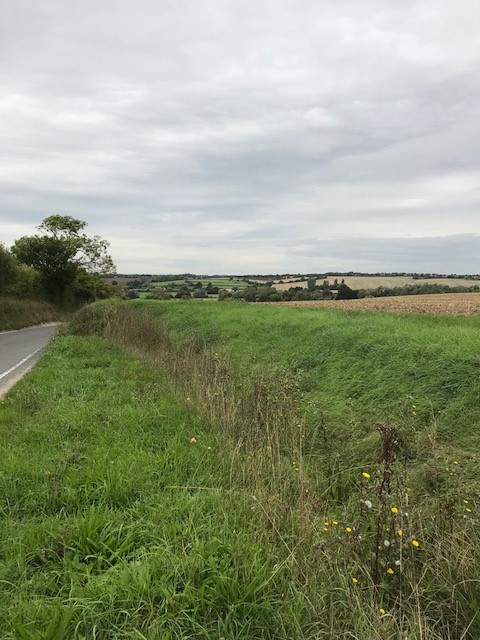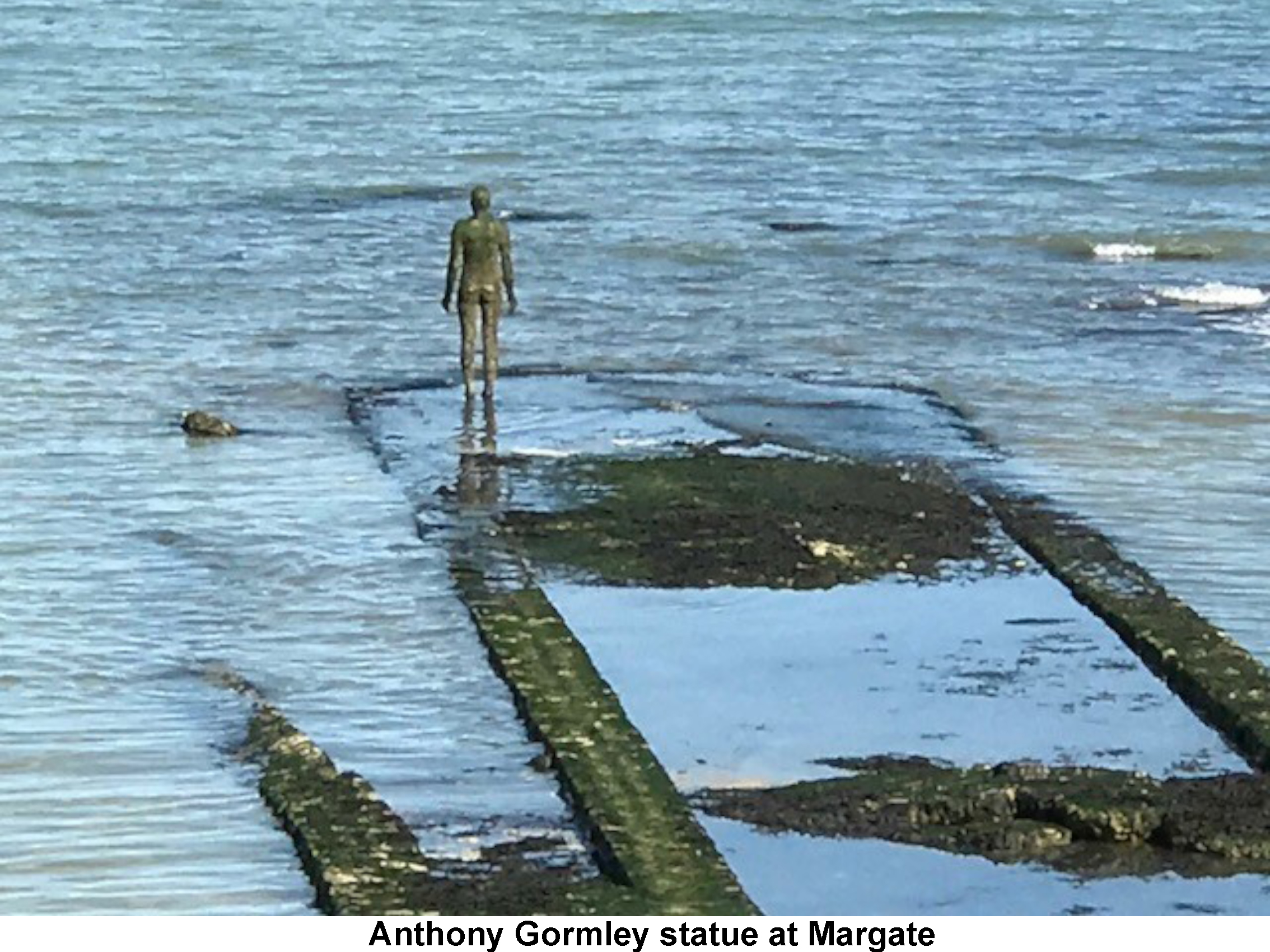In our first article on emotional and mental health, travel with two TGIUK volunteers who map the NHS recommended five steps to mental health to the different stages of their lives.
The NHS tells us there are 5 steps to mental wellbeing. In this blog, we set them out and we have asked two of the TGIUK team; Johann and Kosta, both migrants but at different stages of life to apply the steps to their own lives. Their answers are fascinating and we hope might inspire you to take action to help your own mental wellbeing.
STEP ONE: CONNECT
The NHS says we should connect with our friends, family, neighbours. This is harder to do if you don’t speak English so people tend first to connect with your own community but there are ways of reaching out. See below…
Kosta’s advice and experience on making connections:
I have managed to connect with several different people during my time in the UK whether it was at uni, boxing, dancing, both social and performance or just walking down the street. There are countless opportunities to meet people but it really depends on how open you are to it.
Listen to/talk with friends and family: You will probably see this in a lot of advertisements and social media posts especially around November, a month dedicated to mental heath awareness. However, we cannot stress enough how important it is to share the issues that are troubling you, at least, with your most trusted people. Letting some of these thoughts out lessens the burden and often helps you re-think some things by expressing them to someone else. It is also very important to listen to our friends and family. As humans, we often don’t want to burden others with our problems. It is important to listen for signs when speaking to friends and family as they might be trying to face certain issues on their own.
Therapy: There is a big taboo around the subject of therapy in the migrant communities. Therapists are people who are skilled in creating a conversation that will help you methodically understand and solve some of the problems that you bring to the sessions. Living in a different country for several years leaves scars of its own which we often do not realise until it hits. Do not let yourself reach this point. In accessing therapy, language may not be a barrier, your GP may have partnerships with psychological charities who can provide help in different languages. If you can pay for therapy but you are looking for a low cost option, its worth investigating the referral service, Front Line Therapist on Facebook or @FrontlineThera1 on Twitter.
Johann’s experience of making connections:
I subscribe to the local online forums, I.e Muswell Hill & Friends as I live near here. I also, when I was still working fulltime, went to at least 2 networking events a month. The secret to networking lies in getting the person you’re talking to, tell you about themselves and what they are up to. This will give you plenty of opportunity share with them what you’re doing – this often leads to further contact or shared information.
If you are creative and like story-telling, find an opportunity where you can express yourself by writing a blog, be a guest blogger, etc. Start a Blog of your own. You will make connection through doing such creative work. (TGIUK would love to hear from you if you would like to share your experience of coming to the UK)
STEP TWO: KEEP ACTIVE
The idea is to move. There are lots of options, going for a walk or playing. sport is a great way of making friends. Cycling is increasingly popular too. Parkrun has become really popular lately, its open to everyone, free, safe and easy to take part in.
Johann’s advice:
Be physically active, exercise for at least 45 minutes per day.
Find and join local walking groups. Walking through the city is not only health, it also teaches you about the city which could come in handy, say, for your job.
Kosta’s approach to keeping active:
Boxing is the sport that keeps me active and helps me battle through the darker days. With its intense nature, it keeps me very focused when I’m training and does not allow me to think of anything else at the time. It teaches you to be persist and focused and to battle each of the problems you have, head on.
STEP THREE: KEEP LEARNING
Learning new skills gives you a sense of achievement and confidence. Vital if you are building a new life in the UK. There are many ways of doing this. If you are in work, do all the training available to you. Another way of developing your network and learning new skills is to see what your local college offers. In London, local colleges offer an incredible range of courses, try City Lit or Morley College. If you can’t make it to an evening or day class, there are all kinds of courses offered online, try Udemy.
Johann’s philosophy and approach to learning.
If you are over 60, or are currently unemployed, join the local chapter of the University of the Third Age. They offer a variety of courses, mostly free. The key is to keep expanding and stimulating your mind.
I have done courses all my life and I am still doing them. I believe in ‘life long learning’ as a tool to stay sharp, meet interesting people, enhance my skills and then to also share my knowledge, in a giving manner.
Kosta’a approach to his learning:
Reading books and listening to audiobooks.
Being involved with TogetherintheUK but also helping out with my friends’ projects has helped me develop several different skills that I wouldn’t have learnt by myself. I never imagined myself writing blogs or editing videos or discussing sponsorship with professional athletes.
Also, online resources like Youtube and Udemy are always places I go to to get that specific extra bit of knowledge that I am looking for
STEP FOUR: GIVE TO OTHERS.
Even the smallest act of kindness helps us feel good. But there are a lot of other things you can do too, you can volunteer for a charity, fundraise, befriend etc. In London, the Mayor runs a platform called Team London where you can register and find opportunities: https://www.london.gov.uk/what-we-do/volunteering/search/. Volunteering not only helps you feel good, it helps you develop your network.
Johann shares his volunteering experience:
I work for Exposure (a social enterprise using film making and media to give voice to those who are unheard) and I volunteer at Moorfield Eye Hospital, giving back after they saved my sight many years go. Giving to others is the most rewarding and satisifying thing in the world and one of the pillars of wellbeing, that which makes us feel good about ourselves and others.

STEP FIVE: TAKE NOTICE
Enjoy the present. Make time to enjoy the present and the world around you. It can really help to enjoy nature so go for a walk in the country or enjoy a museum. Mindfulness also says that naming how you are feeling really helps so if you are feeling sad or having a difficult time, notice it and know that this will pass.
Johann’s relaxing hobby? I used to brew beer and found it totally relaxing despite the physical demand it placed on me.
So, now you know the secret to mental wellbeing, what will you do?







